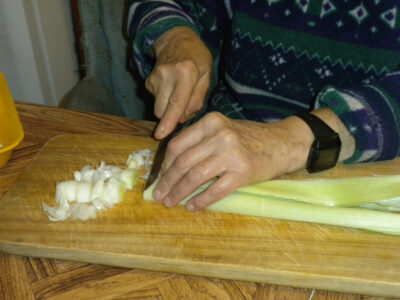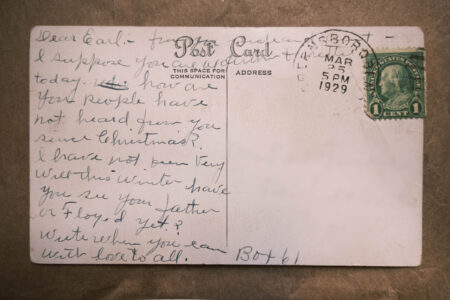Crying over milk
I have never liked the idiom, “Don’t cry over spilt milk.” I understand the analogy that we shouldn’t dwell on the errors because we can’t change the past. I also feel like we can cry over something that upsets us while learning from our mistakes. Both things can happen.
I recently had a milk carton slow-leak into the deep crevices of my refrigerator. We aren’t huge milk drinkers, so a carton lasts a while. No one noticed the carton was dripping. For the record, congealed milk clings to the underside of every drawer and wall. It disguises itself, blending into the walls. The smell is slow and fleeting at first, and I’m sure we blamed most of the sour smells on the dog. Then comes the horrible realization that the fridge is a fermentation experiment of epic proportions. (For anyone who cleans the fridge daily — I applaud you. Please send help.) I didn’t understand what a trigger that particular saying can be to some people. You may know someone who has been screamed at for an accident and then reprimanded for crying, all while being ridiculed for being upset. That is not what the saying means. That usage is abusive rather than encouraging.
According to the U.S. Dairy Association, the original saying has more than one source, but references date back as far as James Howell’s 1659 book of proverbs. The meaning is meant to be encouraging, helping someone to shift their focus from remorse to a more positive mindset. By the way, using the words spilled and spilt are both correct, but “no use crying over spilt milk,” is the original idiom.
I didn’t cry over spilled milk, but I did cry over the slow leaking of milk. Let’s not be picky. My eyes may have been tearing up as I retched over the smell of spoiled dairy. Did I learn my lesson? You bet! Milk cartons now sit on a plate in my fridge. Let’s stress less about the past and what we can’t change and put our energy into what we can do right now. Good luck!




